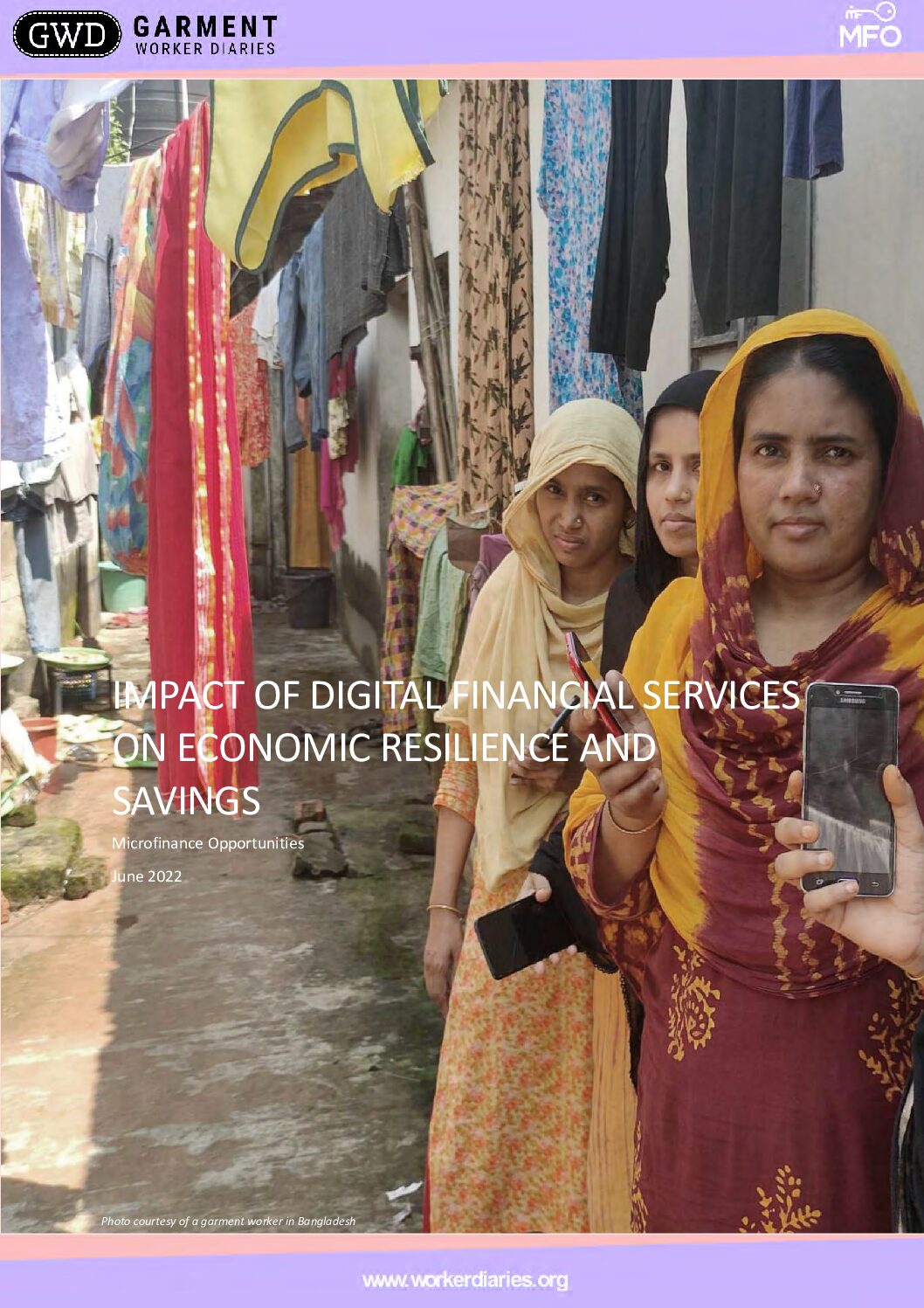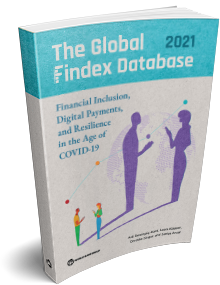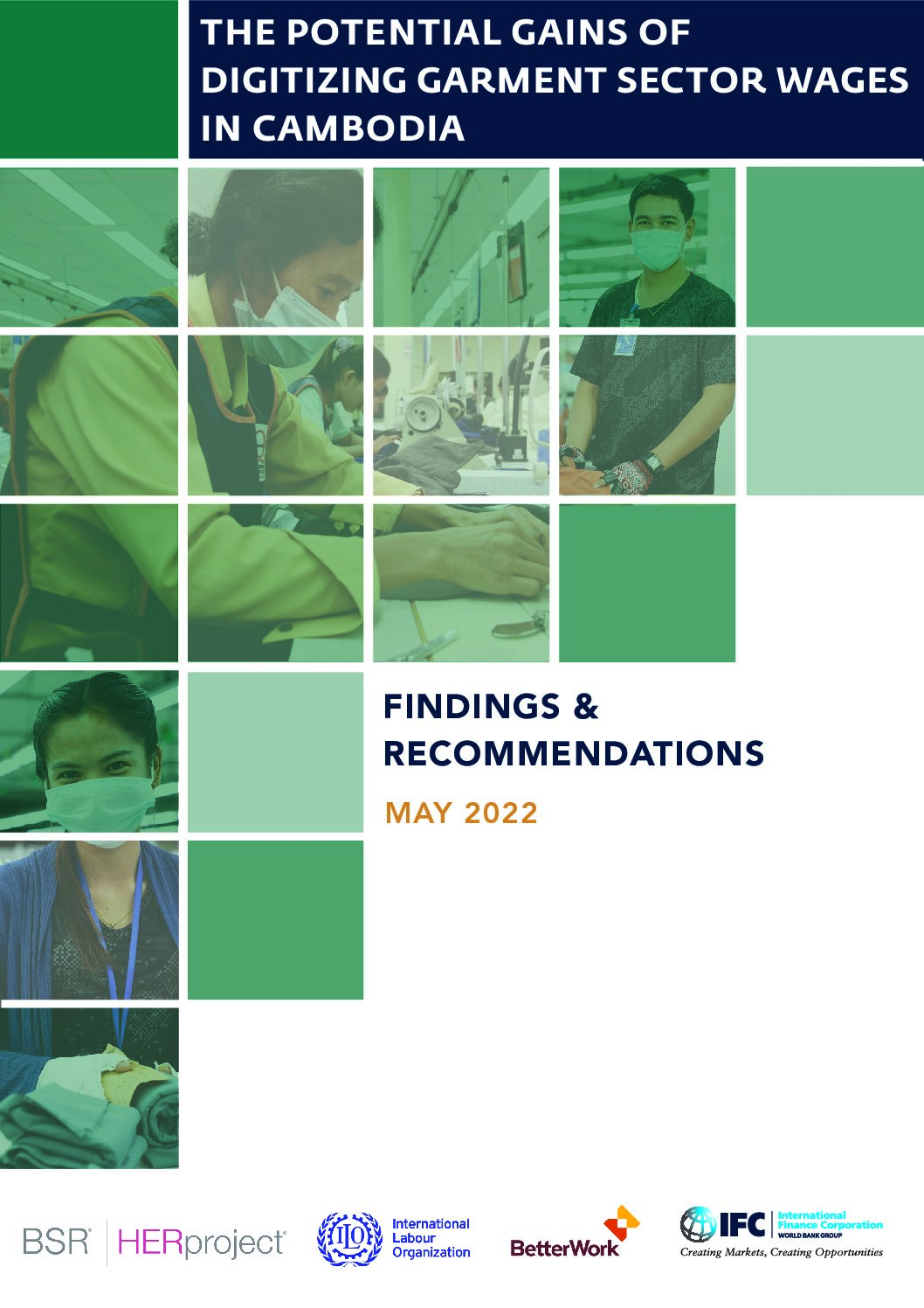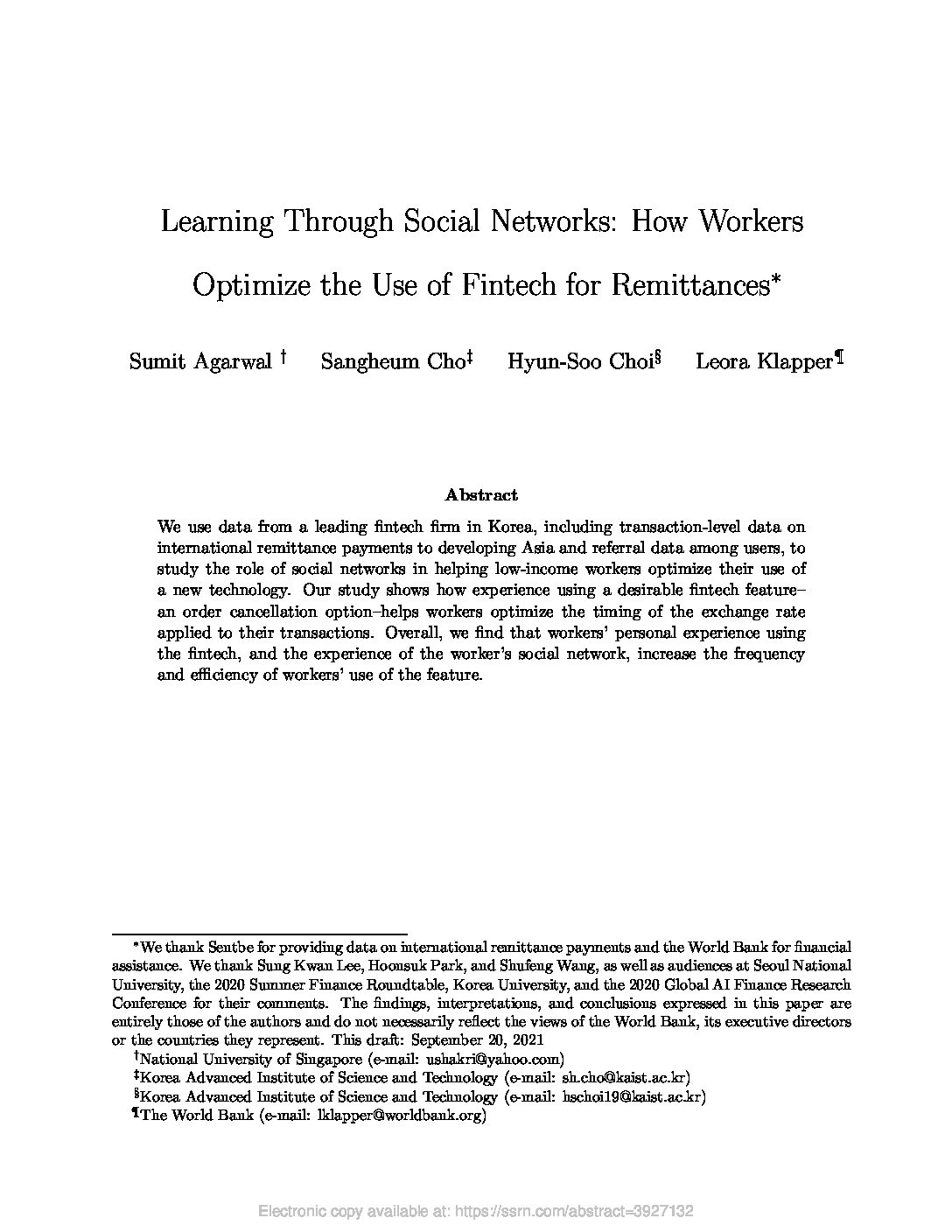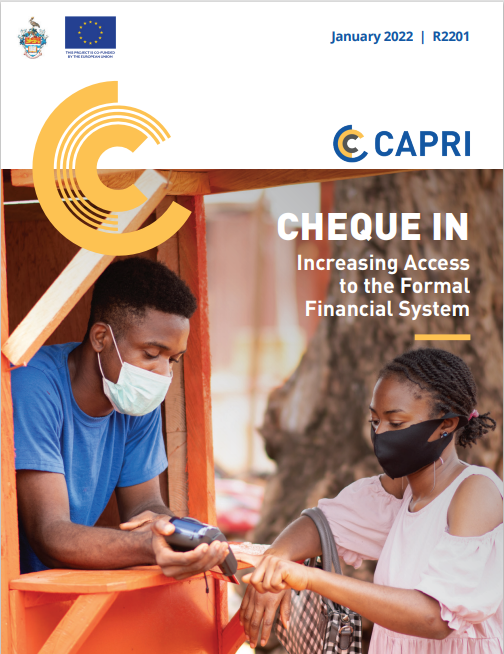Contact us: digitalwages@ilo.org
The expanding universe of bilateral labor agreements
Since the end of World War II, pairs of countries have entered into over a thousand bilateral labor agreements (BLAs) to regulate the cross-border flow of workers. These agreements have received little public or academic attention. This is likely, in…

